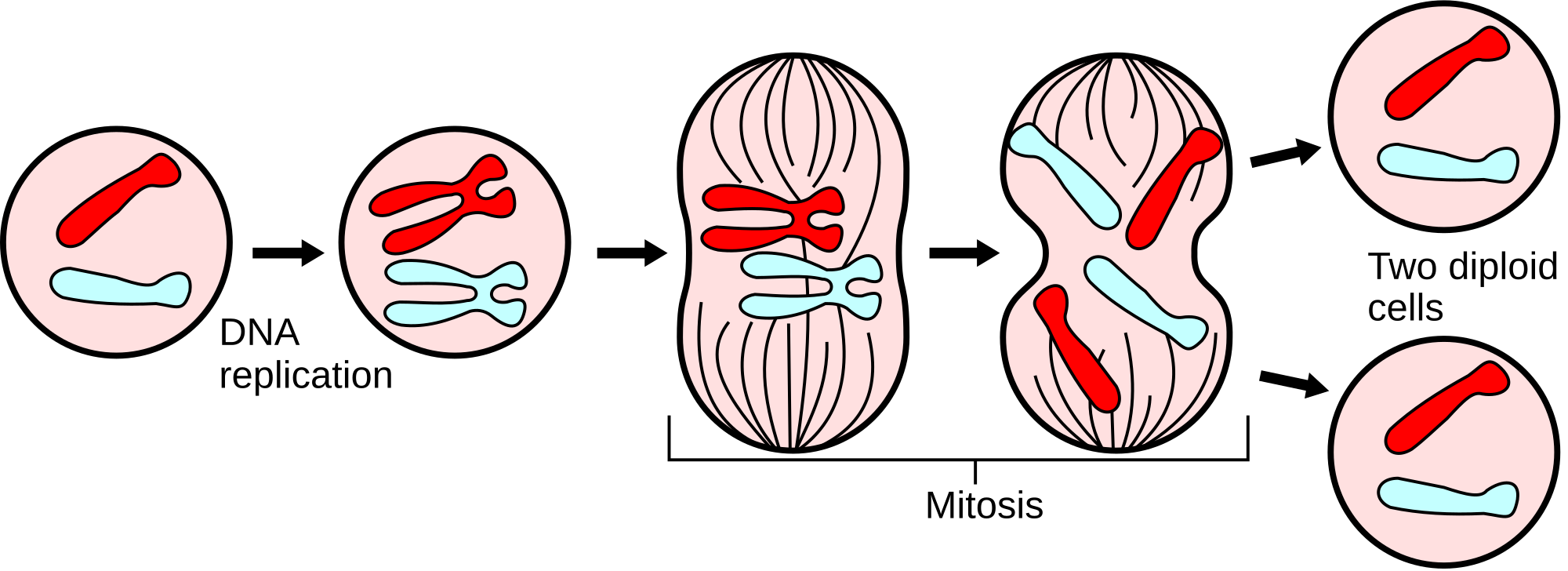Summary:
Cells and eggs have a semipermeable membrane which has small holes that let liquids in and out. When something is isotonic it means it has the same amount of solute concentration so the water would go in and out of you cells. When something is hypertonic it means more solute concentration which means so the water would go out of your cell and your cell would shrivel up. When something hypononic less solute concentration, so the water would go into your cell and would get very large. When cells replicate they have to go through 3 main stages and one of them includes replicating their DNA. They also have to stretch and replicate when they are large enough cells.
S&EP: SP2: Developing and using models: Did you build a model, draw a picture, created a concept map, etc?:
When cells multiply they have to duplicate their DNA and they have to grow so they don't just get smaller and smaller. When we were learning this the teacher asked who knew what cells have to do to multiply and no one raised her hand. The teacher got a paper and ripped it in half then in fourths ,etc. With this visual we all figured out that if cells rapidly multiply they would just get smaller and smaller and they would probably mess up when the multiply. Before cells multiply they have to grow big and they have to multiply their DNA.
XCC: Cause and Effect:
If something has more solutes or if it is hypertonic that means your cell would shrivel up because the water would come out of the cell. If something has less solutes or it is hypontonic, your cell will grow very large because the water would only go into the cell. If something has the same amount of solutes or it is isotonic, your cell would stay the same because the water would go in and out of the cell. When cells get large enough they replicate their DNA and then they duplicate or they replicate.

No comments:
Post a Comment